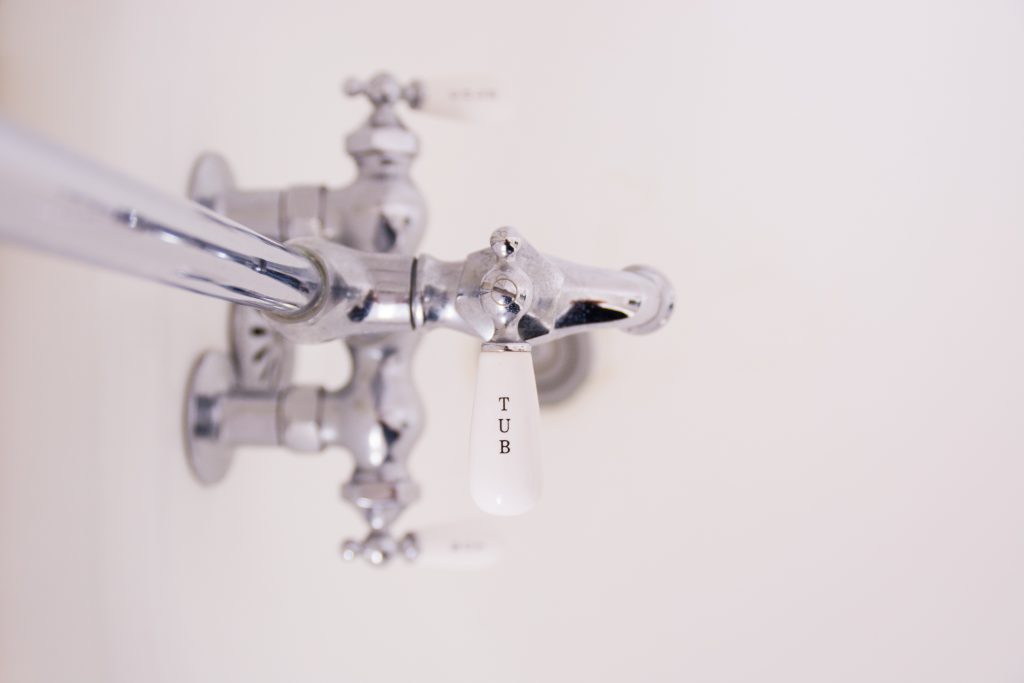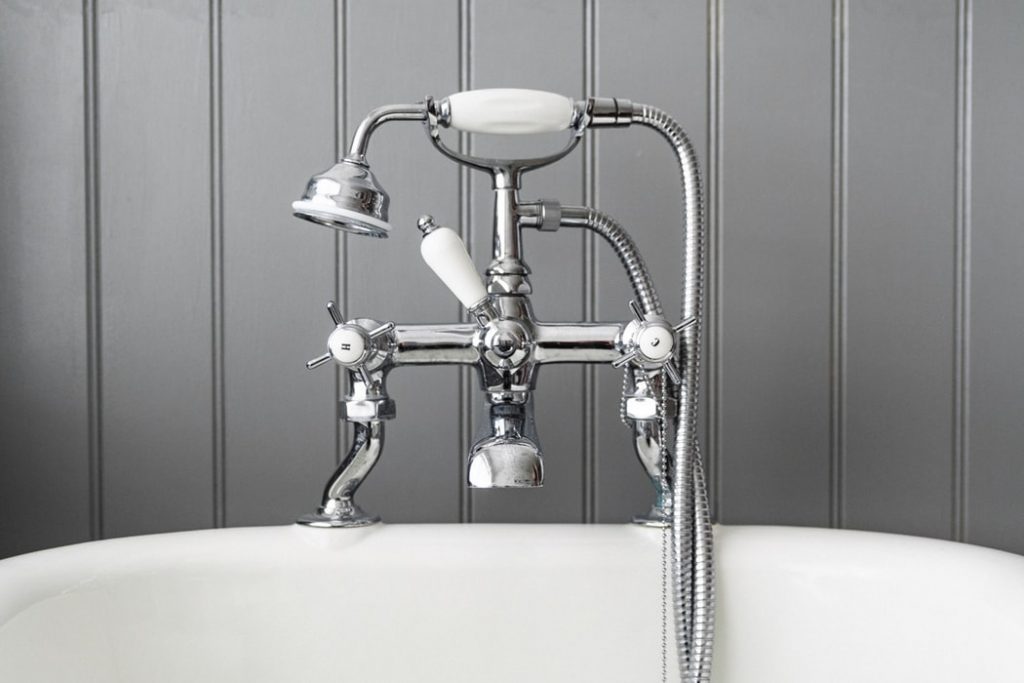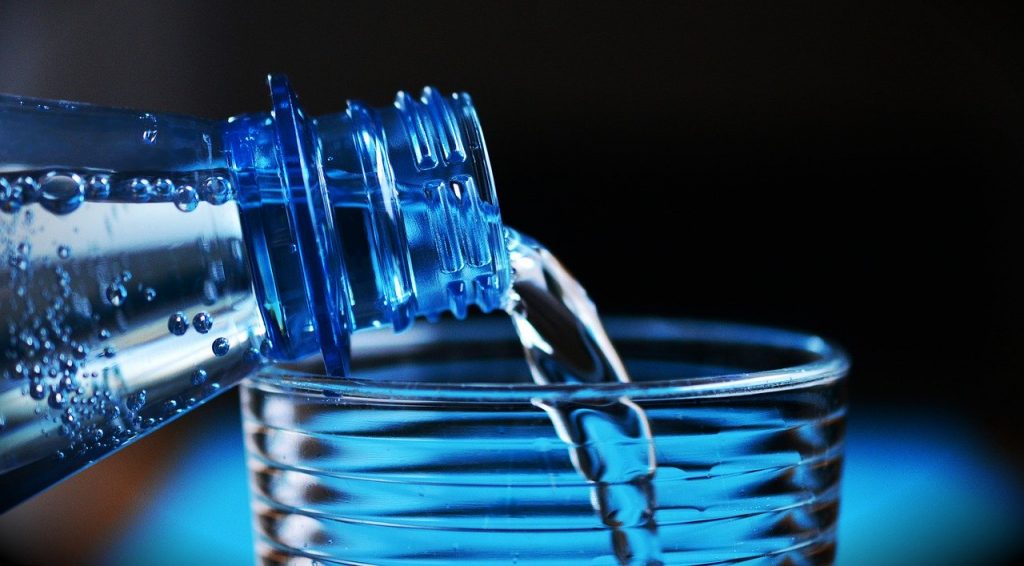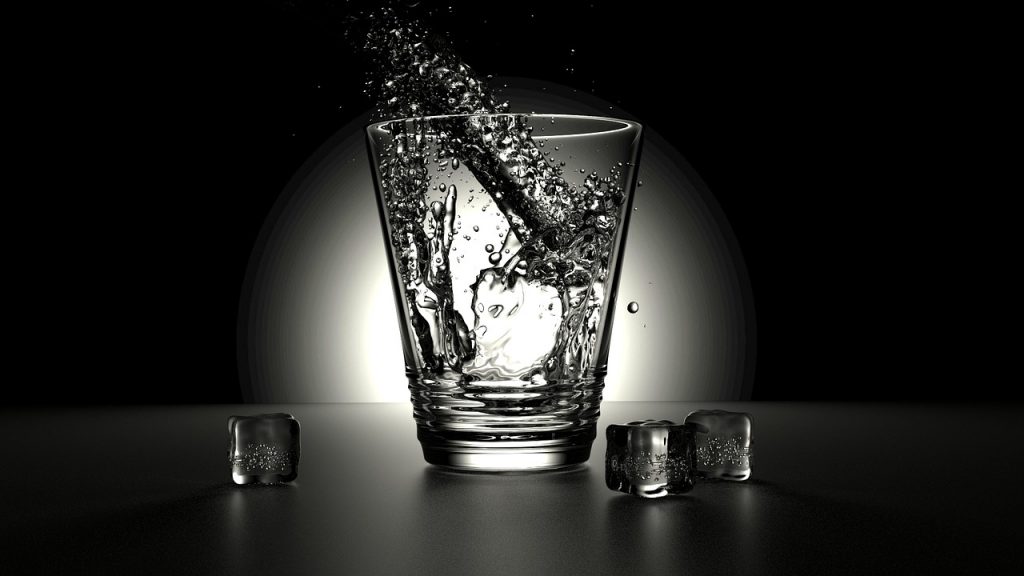We all know the importance of clean water. Whether we are consuming it or using it for cleaning, dirty water is not helpful and can make us really unwell. There are a range of methods to ensure you have clean water to conduct your daily activities. The problem is that it can be confusing to determine the difference between these methods and the one that is best suited for your situation.
Water filters and water purifiers are both commonly used to treat water, but what is the difference between the two? We’ve done a comprehensive rundown of water filters vs water purifier so that you have a better understanding of what each one does.
Water Filters vs. Purifiers: Exploring Each
Water Filters
First up in our water filter vs purifier exploration, let’s take a look at filters.
There is a range of different water filters that can be used to clean your supply. Regardless of the type, they essentially serve the same purpose. That is, they block the contaminants in your water (and there are many water contaminants in cities like Phoenix) so that your water flows out of your taps but the dirt and other impurities do not.
Let’s take a look at each type of filter so you can determine the one that best suits your requirements.
Whole House Filters
As their name would suggest, whole house filters treat water for every faucet in your home. It is installed at the main water line so that it can filter water on its way through to your home. Typically, this type of water contains a sediment filter that separates things like dirt, silt, and rust.
After this, it runs through another filter (copper-zinc and mineral stone) to remove chlorine and heavy metals that are soluble in water. This part of the process also usually treats the water for algae growth and creates an environment where the existence of bacteria is inhibited.
The water is then processed through a carbon filter that minimizes the presence of pesticides, herbicides, and chemical compounds in the liquid.
House filters are usually designed so that they can be customized to suit your home and specific requirements. You might live in an area where it is practical to have a UV filter to remove bacteria and viruses from your water. In other locations, a water conditioner might be more important to prevent a buildup of scale in your pipes. Take a look at our website for the best water filter for Phoenix, Arizona.
Water filters are highly adaptable so you will be able to find a solution that is most effective for your local water.
Point-of-Use Filters
Having clean water is particularly important when it comes to consumption. This is why some people opt to install specific drinking filters that make sure their water is fresh and clean for drinking.
There is a range of designs you need to make when it comes to drinking filters. Some come as an additional tap on your bench while others are units that are positioned under the sink. Regardless of the design, most work in the same way.
Drinking filters clean water by using activated carbon as well as ion exchange. This means that the filter attracts and collects contaminants such as heavy metals, chlorine, and pharmaceuticals, preventing them from flowing through your tap.
Drinking filters are highly effective at removing these potentially harmful compounds. While they do have the effect of removing minerals as well, this isn’t as severe an issue as you might think. Your body gets most of its vital minerals from your diet, which is why removing them from your drinking water is unlikely to cause adverse health effects unless you have a condition requiring micro-management of your mineral intake.
Shower Filters
Alternatively, it is possible to get a filter for your shower. These usually come in designs that can easily attach to a standard showerhead or replace it altogether.
If you live in a location that has ‘hard’ water, this may be a worthwhile option. Hard water makes it difficult to lather soap so it can be difficult to wash your hair and body properly.
Shower filters are also good for water sources that are high in chlorine or other chemicals. These types of substances can dry out skin and hair, impacting their health and appearance.
Water Purifier
Water purifiers are highly effective in treating water. In general, they are able to do the role of a filter and more. They are generally defined as systems that remove upwards of 95% of contaminants from your drinking water. These systems also often remove living organisms (like bacteria and protozoa), which filters don’t necessarily get rid of.
Purifiers come in a variety of designs but typically utilize one of the following technologies:
- Reverse osmosis
- Distillation
Check out this post for a comparison of the two.
Reverse osmosis
This type of water purifier works very much like a filter. It uses a semi-permeable membrane (kind of like egg whites) to separate contaminants from the water. What happens is that the clean water passes through, while larger contaminant particles get stuck and therefore are removed from the water.
Reverse osmosis is highly effective. It can purge as much as 99% of contaminants from your water.
Distillation
Distillation works in a different manner. It separates water from contaminants by boiling the water. The clean water is turned into steam, which enables it to be collected while the contaminant particles (including bacteria) remain behind.
One concern people have with consuming purified water is that it is more acidic than normal water. Check out this post to learn more about why this is and whether you should actually be concerned.
Water Filter vs Water Purifier: Which is Better?
Many people have opinions on these two methods, with people being particularly interested in the UV water purifier vs filter debate. After a thorough investigation into each method, it’s time to offer our view.
The truth is, filters and purifiers have their benefits. The important thing is that you find a system that is suited to your area and specific needs. Make sure you understand the type of water that is available in your location so you can pick a filtration or purification system that addresses the problems you might face. Some waters have particular substances that need to be removed, in which case you will want to ensure that you install a system that will take care of this process.
Do your research and seek advice from the professionals. At American Home Water and Air, we are able to provide guidance for both filtrations and purification systems to ensure you get the best system for your home. After all, clean water is not something that should be overlooked!
Frequently Asked Question
What is the difference between a water filter and purifier?
You can think of purifiers are more rigorous filters. A purifier will typically involve several stages of filters designed to remove various contaminants from your water. The result is water that is as much as 99% pure.
What is the best water purifier?
Experts generally consider reverse osmosis to be the best form of purification. It relies on several stages (including carbon and UV filters) to leave you with save drinking water. Because reverse osmosis is geared towards producing drinking water, you may want to use something like a Big Blue Water Filter for other applications (such as showering or watering plants).
How much does a water purifier cost?
A single reverse osmosis system for your faucet will run you about $400, tax included. If you want a whole-house system, you’ll spend well over $10,000. That’s not really practical (or necessary) for most people, though, which is why we offer single-faucet units.
What does the term “RO” mean in water purification?
“RO” is an abbreviation for reverse osmosis, which is a purification process. Learn more about it here.










